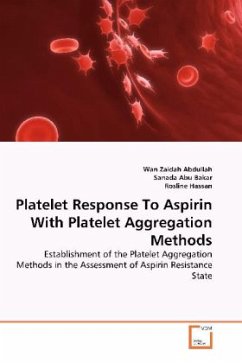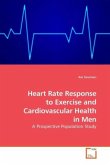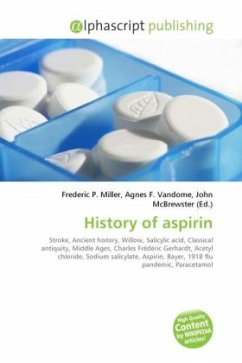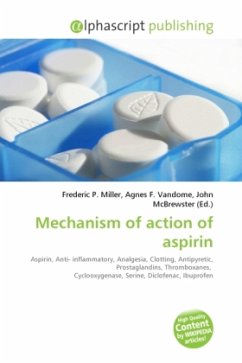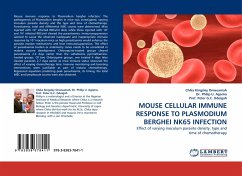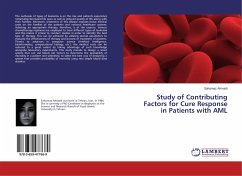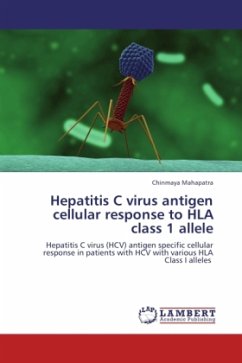Aspirin is the most commonly prescribed drug and the most cost effective therapy. However treatment failure has been of great concern in clinical practice. In the laboratory, assessment of platelet responsiveness to aspirin is not required routinely but due to some clinical reasons the test is indicated. It is important for the laboratory to have the appropriate procedure to perform the test as well as to interpret the results. Whole blood platelet aggregation method with conventional platelet aggregometer is able to detect the aspirin resistance state and it is less laborious than using platelet rich plasma. Three different methods to detect this resistance state were compared and elaborated clearly in this book. The findings from this study are reliable as the comparison included the reference method. This book is suitable as a reference to the pathologists, hematologists, laboratory scientists and laboratory technologists working in clinical diagnostic laboratory dealing with coagulation and hemostatic tests.
Bitte wählen Sie Ihr Anliegen aus.
Rechnungen
Retourenschein anfordern
Bestellstatus
Storno

